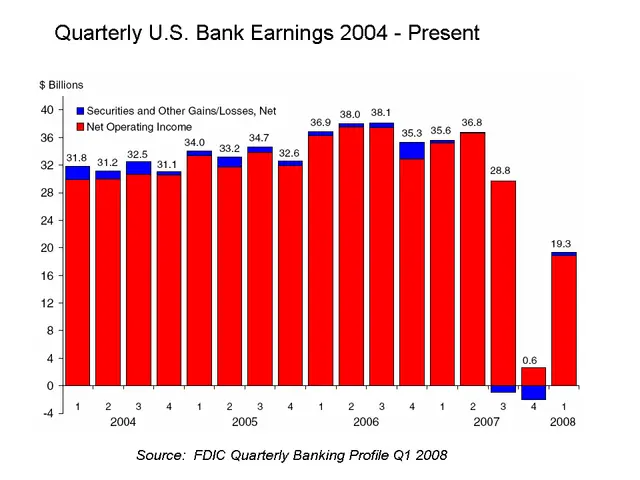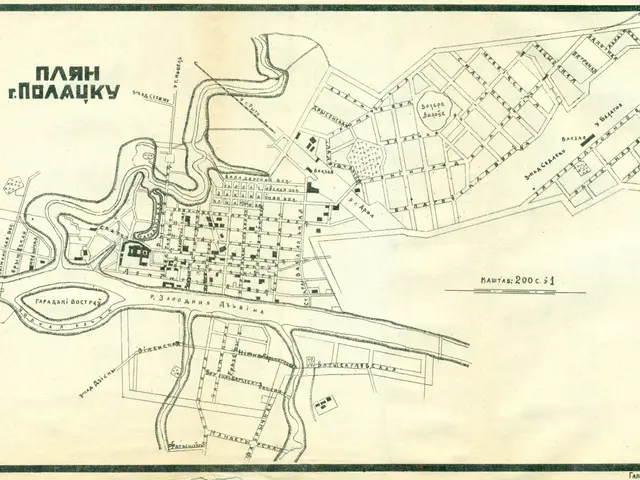New Quantum Emulator HPQEA Outperforms FPGA Systems
Researchers have developed a groundbreaking tool for quantum computing: the High-Performance Quantum Emulation Accelerator (HPQEA). This new emulator can accurately mimic quantum circuits with up to 30 qubits, surpassing existing FPGA-based systems.
The HPQEA, developed by Tran Van Duy, Tuan Hai Vu, Vu Trung Duong Le, Hoai Luan Pham, and Yasuhiko Nakashima, outperforms comparable FPGA-based systems in execution speed, algorithm support, and hardware resource efficiency. It can even exceed the normalized gate speed of the A100 for circuits with up to 20 qubits.
The secret behind HPQEA's power lies in its architecture and optimizations. It employs a state-vector approach and an optimized computing core for high-bandwidth memory utilization. The emulator also features dual Processing Element Arrays (PEAs) for computation acceleration and memory optimization. Additionally, an Optimized CX Swapper improves data transfer scheduling and reduces latency for critical two-qubit control-NOT gates. HPQEA leverages high-bandwidth memory (HBM) for large-scale data access and storage in quantum simulation.
Current quantum emulation systems struggle with both performance and versatility. The increasing complexity of quantum algorithms demands powerful emulation tools like HPQEA.
The High-Performance Quantum Emulation Accelerator (HPQEA) is a significant advancement in quantum computing. It can emulate larger and more complex quantum circuits than existing systems, with improved speed and efficiency. This new tool is set to aid researchers in exploring the potential of quantum computing.
Read also:
- Cyprus, Kuwait Strengthen Strategic Partnership with Upcoming Ministerial Meeting
- South West & South East England: Check & Object to Lorry Operator Licensing Now
- A Business Model Explained: Its Purpose and Benefits for Your Venture
- Philippines Demands Justice for Dafnie Nacalaban, Murdered Migrant Worker in Kuwait






